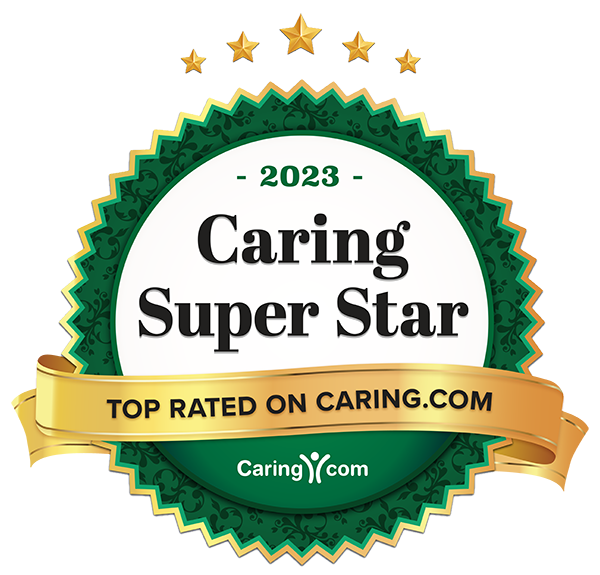Alzheimer’s and Dementia Care
Alzheimer’s and Dementia Care
Some official estimates indicate that over 5.4 million people in the U.S. have Alzheimer’s disease or other type of dementia. This number will continue to grow as the proportion of the U.S. population over age 65 continues to increase.
Impact on Family Caregivers
According to the Alzheimer’s Association’s publication titled 2016
Alzheimer’s Disease Facts and Figures, “Caring for a person with Alzheimer’s or other dementias poses special challenges. Although memory loss is the best-known symptom, these diseases also cause loss of judgment, orientation and the ability to understand and communicate effectively. Personality and behavior are affected as well. Individuals require increasing levels of supervision and personal care, and many (family) caregivers experience high levels of stress and negative effects on their health, employment, income and financial security. The close relationship between the (family) caregiver and the impaired person – a relationship involving shared emotions, experiences and memories – may particularly place (family) caregivers at risk for psychological and physical illness.”
We at Queen City Elder Care understand the mounting challenges family members face when caring for someone with Alzheimer’s disease or dementia, including the impact on employment and income, as well the increased risks associated with the illness for the individual suffering from the disease.
That is why our care providers receive the most advanced level of Alzheimer’s and dementia care training available. Each care provider must complete 49 hours of Alzheimer’s and dementia care training and score 80% or higher on each of the 46 courses. This ensures that our staff members have a comprehensive understanding of how to provide the most appropriate and compassionate assistance to our clients suffering from all levels of memory loss.
In addition to the care providers’ extensive training, Queen City Elder Care has invested in a unique dementia care program, called AlzBetter, that is the only one of its kind in the Tri-State area. Using proprietary software, our Nationally Certified Activity Director develops an individualized schedule of therapeutic activities for each client that is meaningful and appropriate for them. Our dementia care providers utilize this customized schedule throughout the day to provide the person with memory loss consistency, structure and meaningful engagement to help reduce sun-downing and anxiety and to enhance quality of life. Our Director of Client Services and our Activity Director utilize AlzBetter’s proprietary Quality of Life assessment tool to evaluate how well our clients respond to each activity and use the data to continually update the activity schedule as needed.
This state-of-the-art dementia care program and the extensive training provides our employees with the knowledge, skills, and tools to not only ensure the most rewarding experience for our clients, but to reduce the individual’s risks associated with the disease and the family’s emotional and physical burden.
Increased Risks for Individuals with Alzheimer’s Disease or Dementia
Queen City Elder Care reports that according to the Alzheimer’s Association’s publication titled 2016 Alzheimer’s Disease Facts and Figures, “Even people with early-stage Alzheimer’s disease experience memory loss that disrupts daily life, challenges in planning or solving problems, difficulty completing familiar tasks, confusion with time or place, and other disruptions in their ability to function in the home. As the disease progresses, an affected individual needs help with basic activities of daily living such as bathing, dressing, eating and using the bathroom. They are also likely to have complete loss of orientation in time and space, and they tend to wander or become lost. They may be unable to solve problems or make good judgments, and they may experience frequent bowel and bladder incontinence.”
Some of the risks for individuals with Alzheimer’s disease or dementia include:
- Inability to recognize their own cognitive impairment and therefore less likely to recognize dangerous situations or problems performing tasks that are critical for daily living
- Potential misuse of medications that may worsen cognitive function
- Increased risk of falls and injuries
- Potential financial mismanagement and susceptibility to scams and fraud
To learn more, download this free publication from the Alzheimer’s Association titled 2016 Alzheimer’s Disease Facts and Figures.

Ready to find out more?
View Our Services
Get Help with Info & Pricing
Let's Get Started

